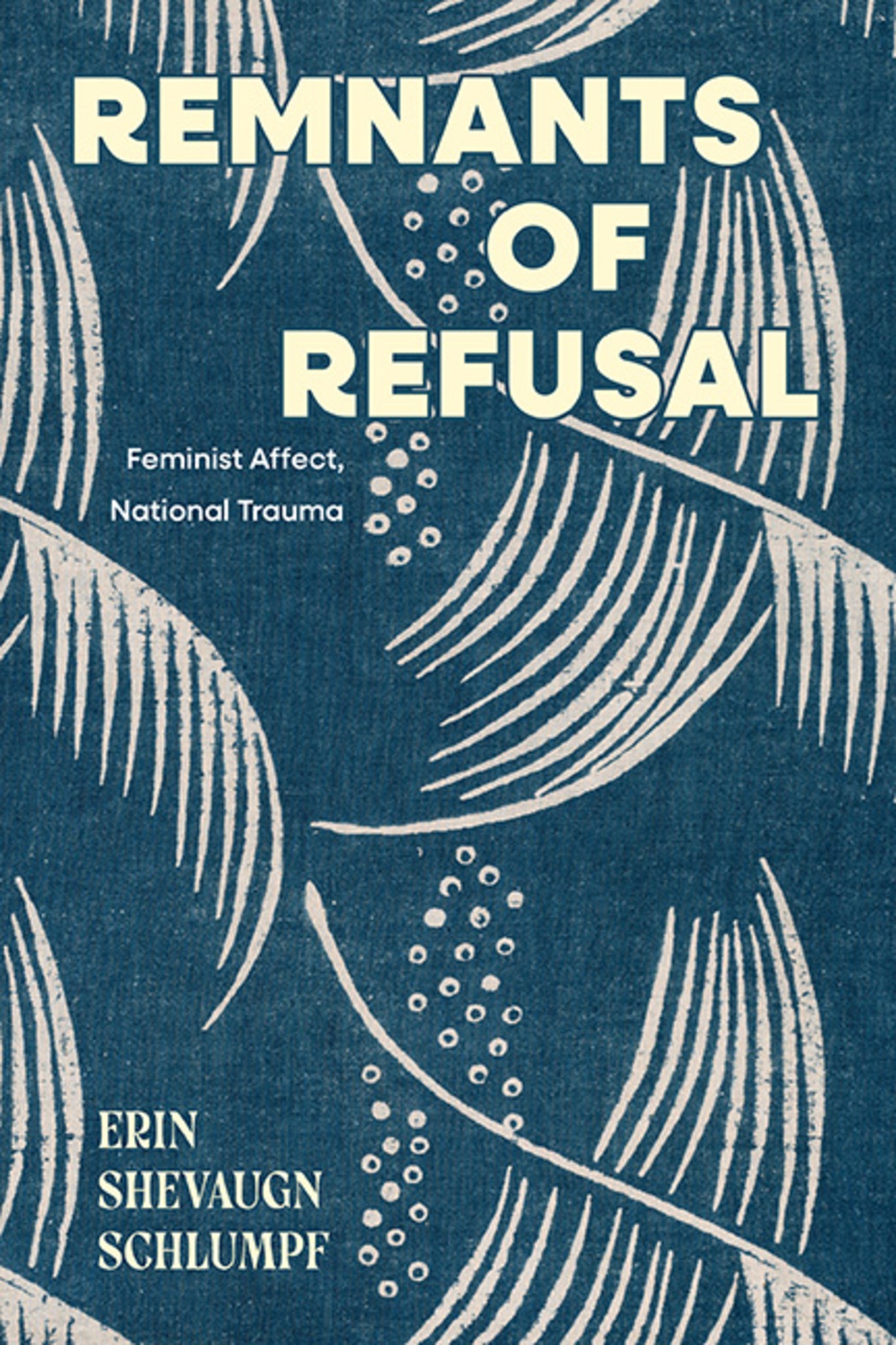We're sorry. An error has occurred
Please cancel or retry.
Remnants of Refusal

Some error occured while loading the Quick View. Please close the Quick View and try reloading the page.
Couldn't load pickup availability
- Format:
-
02 November 2025

Analyzes how French and Chinese literary and filmic texts enact a series of feminist affective responses to the erasure of historical trauma.
Remnants of Refusal traces an affective discourse of feminist refusal across a series of French and Chinese works of film and literature. Developing an inventive comparative approach, Erin Shevaugn Schlumpf argues that this discourse takes shape in response to two national traumas and their aftermath: the German Occupation and the Tiananmen Square Massacre, respectively. In both contexts, events associated with the trauma were effectively erased from the official historical record and replaced by an unwritten code of public secrecy. And, in both contexts, three affects-melancholy, ambivalence, and exhaustion-provide means of expressing mourning without breaking the taboo of direct representation. In films and literary texts by Wang Anyi, Chen Ran, Jia Zhangke, Nathalie Sarraute, Marguerite Duras, Jean-Luc Godard, and others, mourning is most frequently borne by and through the bodies of women, generating a broader feminist counternarrative to historical forgetting and burgeoning neoliberalism.


"Remnants of Refusal goes beyond other books in Sino-French studies, and even groundbreaking ones at that, which tend to analyze texts with more explicit French and Chinese connections. Schlumpf's focus on World War II and the Tiananmen Square Massacre as historical nodal points and grounds for bringing together French and Chinese texts is original and compelling." — Michelle Bloom, author of Contemporary Sino-French Cinemas: Absent Fathers, Banned Books, and Red Balloons
"Ambitious, sophisticated, and seductive, Remnants of Refusal examines cinematic and cultural productions that grapple with post/trauma in France and China, particularly through three affective registers: melancholy, ambivalence, and exhaustion. Schlumpf argues that these affective-aesthetic modes form a kind of feminist refusal as neoliberalism became the state's overriding solution to various historical traumas. These modes of refusal are largely expressed by women who refuse to fully erase the past and participate into such new world orders." — Mila Zuo, author of Vulgar Beauty: Acting Chinese in the Global Sensorium
Acknowledgments
Introduction
1. Feminine Melancholy, Feminine Allegory
2. Capitals of Ambivalence
3. Exhaustion
Conclusion
Notes
Bibliography
Index



